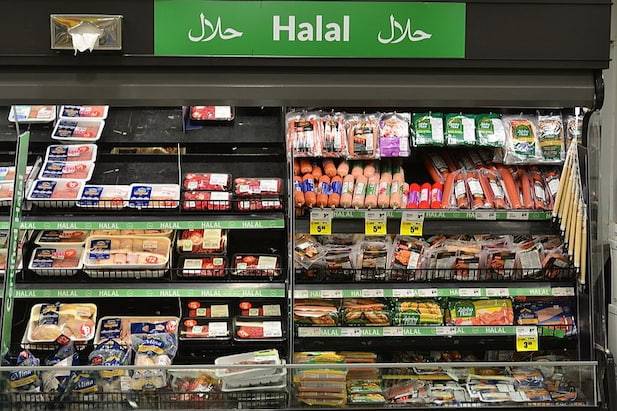

With more than 1.8 billion Muslim consumers worldwide, the halal market has long been part of the international market, which is very significant and promising. Not only Islamic countries that care about halal products, turns out that "secular" countries and Muslim minorities also make this halal issue a competitive advantage.
With the increasing number of consumers becoming aware of halalness, the halal market is also increasing rapidly and suppliers are dealing with this heightened demand and adapting their production lines to comply. Can you imagine how many consumers place great importance on the halal label whenever they look for a product or halal food? Therefore, for this reason, suppliers certainly need to have halal certificates for their product lines.
Make sure to read this article before buying a product, as we will discuss why is it better to buy halal-certified products, halal product categories, standards, conditions, how to apply for halal certification, and recognized certification bodies in various countries!

Image Credit: Raysonho @ Open Grid Scheduler / Scalable Grid Engine, CC0, via Wikimedia Commons
Halal certification is a process in which a recognized and qualified institution inspects the substance in question, ensures that it was produced in compliance with halal standards, and issues an official document as a consequence of the inspection. To obtain a halal certificate, a product must meet Islamic food-related requirements for consumers who adhere to Islamic principles.

Image Credit: Franki Chamaki on Unsplash
When talking about halal products, what immediately comes to mind is usually food and beverages. Indeed, the products with the most halal certificates are food and drinks, but the categories are much more than that. It turns out that medicines, cosmetics, and product packaging also need to pass halal certification. This is because the halal product needs to be ensured from the ingredients to the hands of consumers. So, from the materials used, processing, and storage, to product transactions are also considered in detail. The following is a list of product categories that can be certified as halal:

Image Credit: Arisa Chattasa on Unsplash
Until now, there has been no universal legal basis for the definition of "halal" or "haram," and the standard and compliance with those rules have been varied. Nonetheless, some fundamental presetting exists:

Image Credit: Nico Smit on Unsplash
A halal certificate for a product cannot be obtained right away since there must be a series of steps to follow. However, many halal certification bodies in various countries make it easy to get a halal certificate. The following are general procedures that businesses must follow if they wish to apply for halal certification for their business:
It, again, comes down to the regulations of each halal certification authority in each country regarding how long the procedure takes and how much it costs.
After knowing what halal certification is and its procedures, we also need to know what recognized Halal certification bodies operate in various countries, as these certification bodies are the ones defining whether the things you consume are guaranteed halal through multiple tests and processes. For complete information regarding the specific provisions of each country, you can go through the website of each country's halal certification body. Here is the list of halal certification bodies in Southeast Asian countries, along with their websites:
Indonesia’s halal certification process is under Badan Penyelenggara Jaminan Produk Halal (BPJPH), while Majelis Ulama Indonesia (MUI) sets up the halal compliance standard and issues the Halal fatwa.
1. Badan Penyelenggara Jaminan Produk Halal (BPJPH)
2. Majelis Ulama Indonesia (MUI)
Remember that even if it is only for daily consumption or even starting a business, either in using a product or selling your products, paying more attention to the halal certification is a great way for both you and the people around you. Be it for yourself or for others, ensuring the products that you or others will be using in terms of halalness is a great way to keep us from committing sins through consuming haram products. Therefore, you must then pay close attention to the information we already provided above.
If you are still uncertain about the Halal certification process or the halalness of a product, please feel free to ask questions in the comment section or send us a message on our website. A business owner in need of a consultancy regarding Muslim-friendly services, wondering if your goods or services require it, or seeking more information through training, reports, and research? Visit Crescentrating for more information. We will always be available to assist you!
Share this article with others so that they can learn more about halal certification!